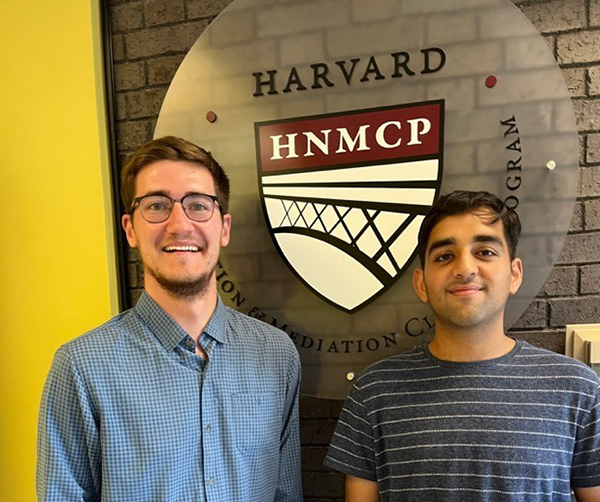
Semester: 2022 Fall
Students: Eoin Lyons & Pranaya Pahwa
Freedom House is an independent watchdog organization dedicated to the expansion of freedom and democracy around the world, which analyzes the challenges to freedom, advocates for greater political rights and civil liberties, and supports frontline activists to defend human rights and promote democratic change.
The Data Driven Advocacy (DDA) Activity is a USAID-funded program implemented by Freedom House and its partner, Pact. The DDA program seeks to improve and sustain the ability of rights-focused civil society organizations (CSOs) in Tanzania to advocate for and influence policy on key national-level human rights issues using better data and information to drive results. The program has established and supported issue-based working groups of Tanzanian CSOs; however, as the DDA project concludes, the working groups will need to determine if they want to continue collaborating on initiatives together and if so, how they will organize and make decisions when the DDA project is no longer facilitating the activity. Freedom House has engaged Harvard’s Dispute Systems Design Clinic to: a) identify which working groups are interested and likely to be sustained; b) determine the internal structures and decision-making mechanisms necessary to sustain the DDA project’s working groups; and c) offer advice on designing the identified internal structures and decision-making mechanisms.
Students will:*
- Interview members of the working groups and Freedom House staff, as well as review working group/Freedom House documents on the working groups;
- Conduct research and expert interviews on best practices and pitfalls in coalition design, coordination within working groups and other similar rights-focused networks and coalitions, organizational structures, and organizational dispute systems design;
- Based on the assessment, for the working groups likely to be sustained, develop coordination and communication sustainability plans, which may include recommendations for model structures, model terms of reference, decision trees, and other templates to help the working groups create or maintain internal structures and decision-making mechanisms. For the working groups that are not likely to be sustained, students may provide recommendations on how working group members may continue the work/outcomes of the group;
- Hold one or more meetings with working groups to present recommended designs and engage the working groups in using the produced materials.
*Recognizing that the scope of the project may shift depending on opportunities or challenges presented during the semester
